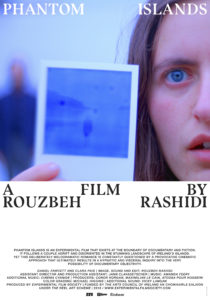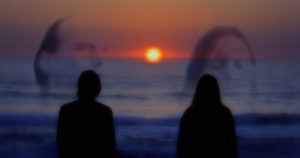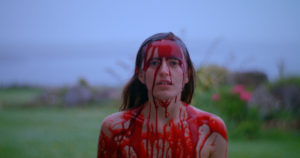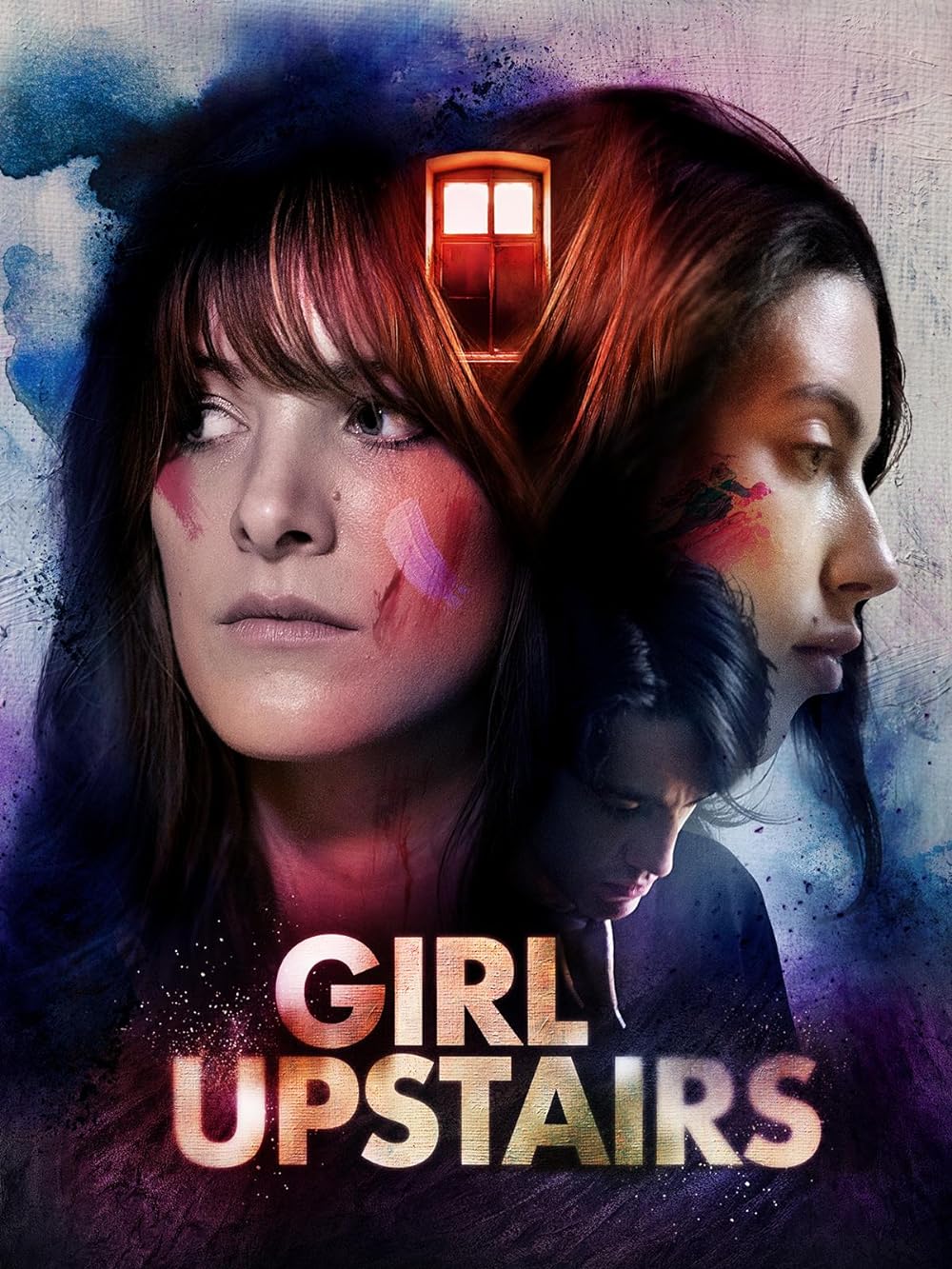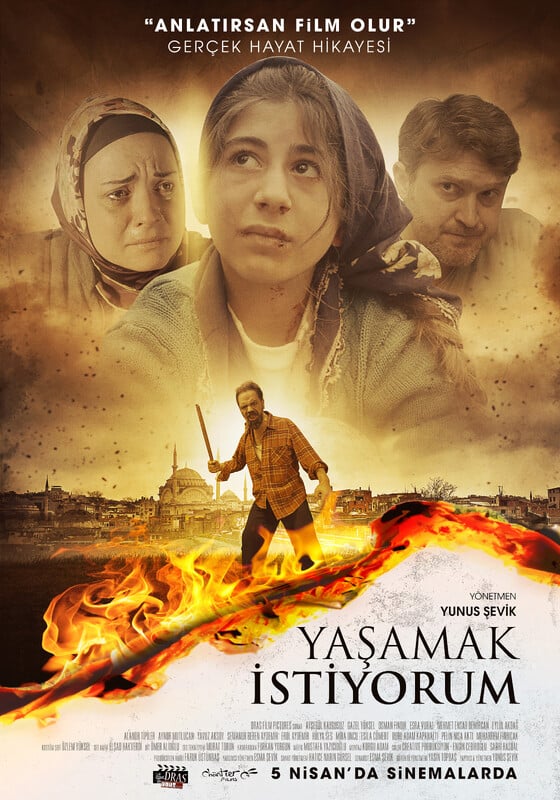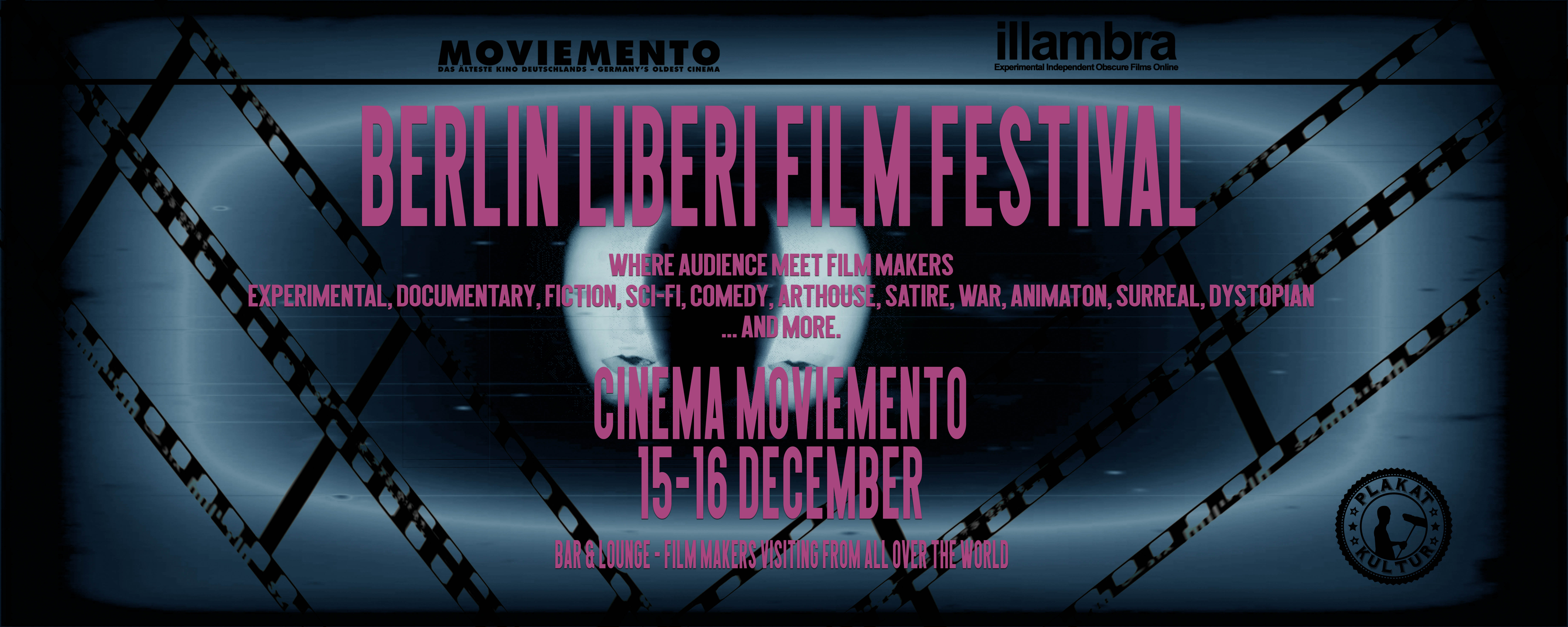
BLFF 2018 Indie Film Review “Phantom Islands”
WATCH THE TRAILER HERE
First, the Recap:
To encounter, to know, to confront, to feel, to sustain, to endure. With such a wholly functional construction that is the human body and its associated means by which to exist and take in all that is around, encompassing an ever-fluctuating reality, how do we then process this actuality when attempting to confine it to an interpersonal relationship with another? The complexities involved could actually be far beyond what we might imagine, and so to truly understand such intricacies might lead to an overwhelming journey of total self-discovery, inwardly and outwardly, while likewise having to share the experience with that second individual, leading to an overall perception of love, companionship, and devotion which can make them stronger, or forever adrift.
So does this become the case for one couple (Daniel Fawcett and Clara Pais) as they find themselves exploring the connection they have to one another through what would almost seem a series of ongoing, virtually endless array of tests, emotional and physical, putting their commitment to one another through its paces while wandering through the misty, wind-swept landscapes of the islands of Ireland. Ever exposed, with only rare moments of genuine peace, the pair forge across unforgiving landscapes, stark and foreboding, only here and there having a rendezvous with solace and sense of absolute joy and closeness. Yet, even amidst the tempestuous nature of their love’s tale, will it be faithfulness and fidelity that ultimately carry them through?
Next, my Mind:
We witness the very definition of experimental filmmaking and a most conclusive example of the wide-ranging, unorthodox, extraordinary mind-set of the independent filmmaker through this 86-minute feature film effort from Iranian-Irish director/cinematographer/editor Rouzbeh Rashidi, screening at this year’s Berlin Liberi Film Festival via invite through the Experimental Film Society. Very much pushing the boundaries, if not utterly redefining the parameters, of documentary vs. fictional narrative execution, this totally visually-oriented “pictorial film” immerses the viewer into a sensory-stimulating voyage that is as much a metaphysical excursion as it is philosophical analyzation of one couple’s relationship, even as their own reasoning is being questioned, experienced, and worked through on about every level and aspect possible, both emotional and physical. Without any actual dialogue at all, it’s a total sight and sound comprehension that’s needed, and this does require a modicum of patience on the part of the viewer, especially since this is a feature-length endeavor. Yet, this critic felt it was so overtly unique and oddly engrossing, there was no looking away or feeling of boredom, but rather a totally acute curiosity in following a couple’s relationship being portrayed so distinctively and creatively, even if obscurely relative to what most moviegoers might expect.
It’s the depiction of seeking and searching, chaos and calm, dream and nightmare, energy and exhaustion, clarity and madness, radiance and darkness, human and fantastical between these two wandering souls, boldly conceptualized with imagery that’s a mix of quick transitions, extended sequences, time-lapse, close-ups, distance shots, and even Polaroid snaps, utilizing the backdrop of Ireland’s many islands as the tapestry its all painted on, this alone adding a constant, awe-inspiring beauty that is both eerily haunting and ethereally enthralling to view. Add to this the sheer diversity of random things and places that are shown, from seas, lakes, cliffs, fields, coastlines, animals, tidal landscapes, woodlands, moors, rural countryside, and the forever iconic drystane dykes, all fading from blurred to clear, surreal to actual, intermixed with such a diverging range of sounds to accompany it all, including whale song, lapping waves, thunderous storms, winds, sonar “pings”, radio broadcasts, birds, and orchestral score that really, as aforementioned above, sends one’s senses on their own journey of discovery and mystifying awareness. The communication between the protagonists is all about voice, sight, and touch, but we are only privy to the optical option that lets us “eavesdrop” on their various interactions.
Fawcett and Pais are very much workhorses in this production, having to play the couple in question from a completely visual standpoint even though we as the viewer can tell there are movements and interplay between them that involves verbal dynamics which go unheard, but are easily “translated” based on the actors so consistently employing body language and facial expressions as their “voices” throughout the film. Sometimes subtle, other times blatant are the emotional spectrums the pair enact through demonstrative, passionate, intimate, intense, and revealing actions that are both civil and then raw and primal as the couple navigate confusion, happiness, sadness, melancholy, loneliness, anger, forgiveness, separation, love and hate, fear, pain, and loss. Just to advise, there are some moments of mainly non-sexual, but full-on, nudity involved here, one sequence of which was actually more to candidly illustrate the consummate, uninhibited, violent rage that can well up within us as people, which I have to give Fawcett and Pais some real credit for believability, as it was an uncomfortable, vaguely disturbing set of instances being presented, but so well embodied by the two, which couldn’t have been easy to film, at least not in my opinion. Again, this is real out-there, often perhaps sensationalistic material, but Fawcett and Pais truly make the viewer feel every iota of what’s being delivered, whether indefinite or discerning in intent, and we hope by the film’s more calm finale they have finally located the place of real serenity and mutually reinvigorated adoration for each other, no matter the cost.
Additional appearances as made in the film from Jann Clavadetscher and Katie McFadden as well. In total, “Phantom Islands” is acutely complex in its overall rendering, engagingly enigmatic in its ambition, yet strangely uncomplicated when it comes to the fact that it actually reproduces comprehensively the forces at work within human relationships, even if quite abstractly and/or theoretically so. It’s still one wild, far-out pilgrimage of the senses, and that is perfectly fine.
As always, this is all for your consideration and comment. Until next time, thank you for reading!

